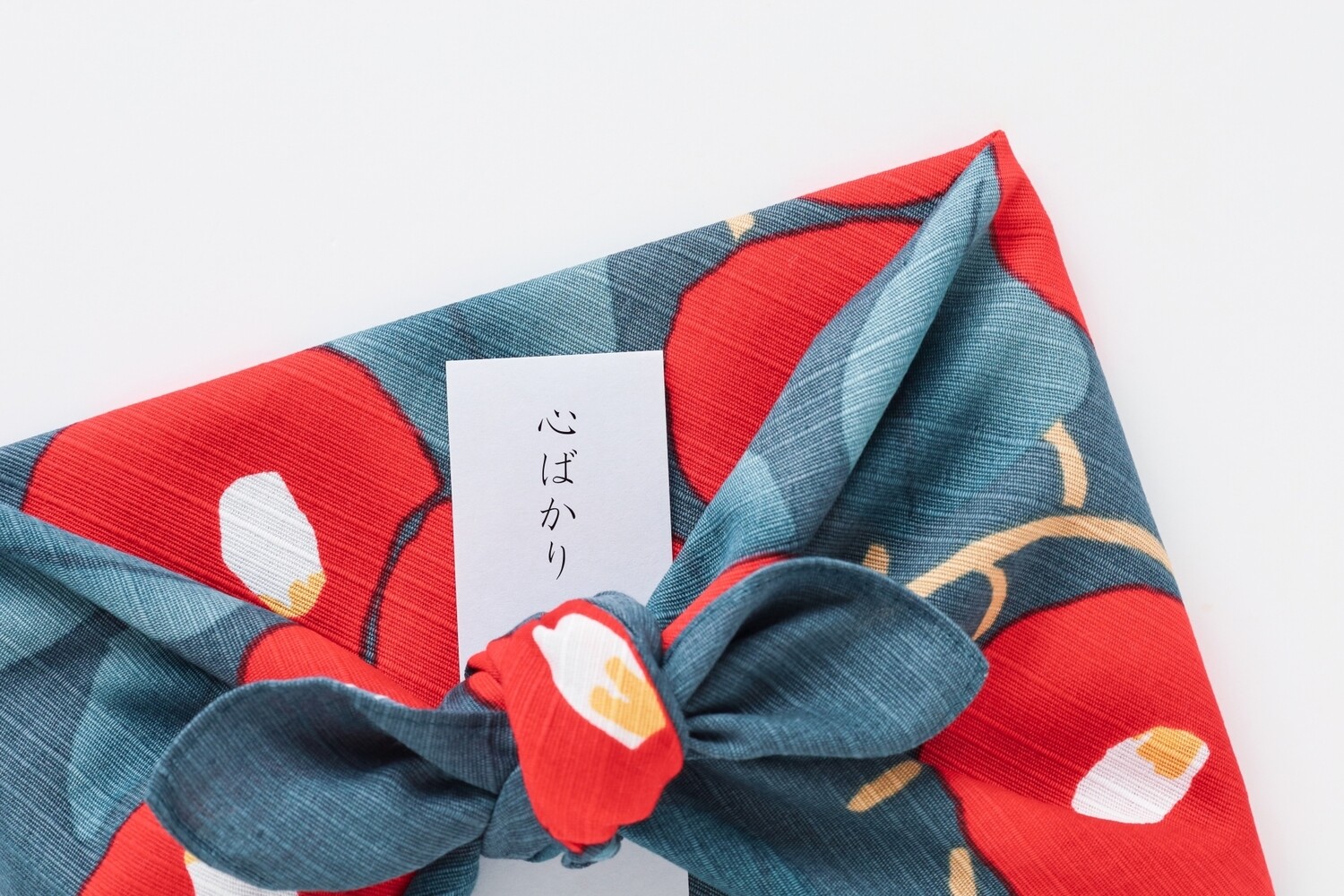Gift card
This is a digital gift card. After the purchase, you will receive an email with the gift card and instructions on how to use it. The card can be used as payment for any products we have.
About Butuzou.com and Buddhist Statues:
Buddhist statues from Japan are renowned for their exceptional artistry, symbolism, and spiritual significance. These statues are not only beautiful works of art but also hold deep cultural and religious significance. Here are some aspects that make Japanese Buddhist statues great:
Artistic Craftsmanship: Japanese Buddhist statues showcase exquisite craftsmanship and attention to detail. Skilled artisans meticulously sculpt, carve, and cast these statues using various materials such as wood, bronze, and stone. The intricate facial expressions, hand gestures (mudras), and intricate robes exemplify the skill and dedication of the craftsmen
Symbolism and Spiritual Depth: Each aspect of a Buddhist statue holds symbolic meaning and spiritual significance. The poses, attire, and attributes of the figures convey specific teachings and insights from Buddhism. The statues often represent various Buddhas, bodhisattvas, and other enlightened beings, embodying qualities such as compassion, wisdom, and enlightenment.
Variety of Styles and Types: Japan boasts a diverse range of Buddhist statue styles, influenced by different schools of Buddhism, as well as artistic and regional variations. From the serene and meditative figures of Zen Buddhism to the elaborate and vibrant representations in Esoteric Buddhism, there's a wide array of styles to appreciate.
Spiritual Practice and Devotion: Japanese Buddhist statues are often used as objects of devotion and meditation. Many practitioners find solace and inspiration in contemplating these statues, using them as focal points for their spiritual practice. The act of bowing, offering incense, and reciting mantras or prayers before these statues deepens the spiritual connection.
Integration of Nature: Japanese Buddhist statues often integrate the natural world into their designs. This can be seen in the use of natural materials, such as wood and stone, as well as in the incorporation of natural motifs like lotus flowers, leaves, and flowing water in the artwork. This connection with nature reflects a key aspect of Japanese aesthetics and spirituality.
Architectural Context: Many Buddhist statues in Japan are housed within temples and shrines, creating a harmonious blend of art and architecture. The statues become integral parts of larger religious complexes, enhancing the overall spiritual atmosphere of these sacred spaces.
Continued Reverence and Preservation: The ongoing reverence for Japanese Buddhist statues speaks to their lasting impact on the culture and spirituality of the region. Preservation efforts by museums, religious institutions, and cultural organizations ensure that these masterpieces are cherished and accessible for generations to come.
In summary, Japanese Buddhist statues are great not only due to their artistic brilliance but also because they encapsulate profound spiritual teachings, cultural heritage, and a deep connection between humans, art, and the divine. They serve as both a testament to Japan's artistic legacy and a source of inspiration for spiritual seekers worldwide.
